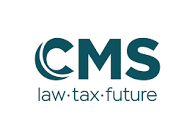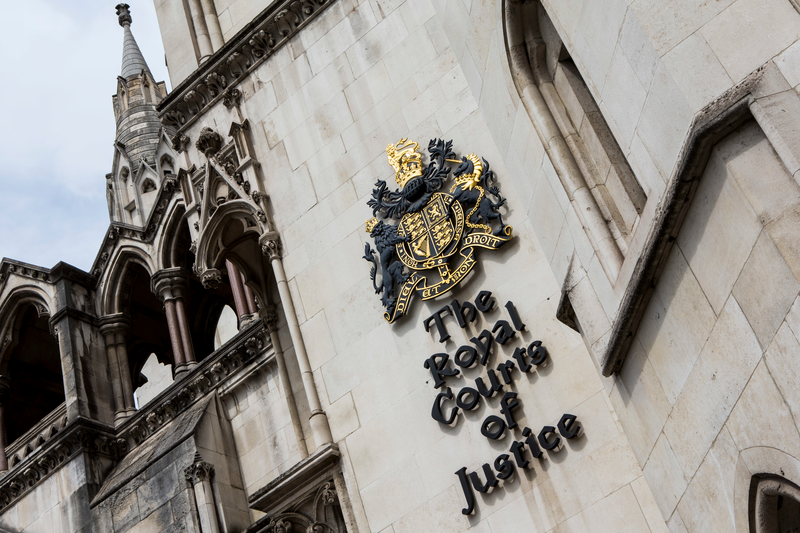Significant impacts on the UK’s class action regime such as an increase in regulator fines and US-style opt-out class actions could result from the publication of two proposed amendments to the UK Digital Markets, Competition and Consumers Bill on November 15, 2023.
- First, a proposed amendment, introduced by Sir Robert Buckland, to expand the jurisdiction of the UK Competition Appeal Tribunal (the CAT) to consumer class actions (the Buckland Amendment). At present, the CAT only has jurisdiction for competition class actions.
- Second, a proposal to reverse the effect of the Supreme Court’s decision in PACCAR, in relation to damages claims brought in the CAT (the PACCAR Reversal Amendment).
Consumer class actions
This is potentially a significant development which will radically alter the risk of consumer law compliance. If this amendment makes it into the final legislation, consumer-facing businesses will not only face the threat of regulator fines of up to 10% of global turnover but may also have to defend US-style opt-out class actions, either following on from regulatory action or running in parallel to regulatory engagement.
The UK has a variety of mechanisms for bringing collective proceedings and class actions. The procedure for bringing opt-out competition class actions in the CAT – which was introduced in 2015 – has seen very significant activity, with class actions encompassing around 340 million class members by the end of 2022.
The language of the Buckland Amendment is expressed to expand the jurisdiction of the CAT’s opt-out class action (and unitary damages) regime to breaches of Part 4 of the Digital Markets Act 2023. This appears to be a typo, and should instead read the “Digital Markets, Competition and Consumers Bill” (the Bill).
Unfair commercial practices
The primary thrust of Part 4 of the Bill is the prohibition of “unfair commercial practices,” which concerns misleading actions, omissions or aggressive practices (or those falling below the standard of skill and care reasonably expected of a trader in their field) leading consumers to take transactional decisions they would not otherwise have taken. This broadly restates the current law in the Consumer Protection from Unfair Trading Regulations 2008 (CPRs), which is principle-based (rather than specific) and originally derives from EU Law.
There are also new provisions relating to subscription contracts – see our article for more details – Consumer regulator given 10% fining powers under new consumer law Bill.
The new Part 4 of the Bill will be the principal law under which regulatory action is taken against businesses and, by way of examples, will include: subscription contracts, product and advertising claims, environmental claims and pricing and discount claims about products.
Critically, both the CPRs and Part 4 of the Bill confer a private right of action on parties who suffer loss flowing from such conduct, which the Buckland Amendment pulls within the scope of opt-out class actions in the CAT.
PACCAR Reversal Amendment
This amendment has been proposed by the government. It would reverse the decision of the Supreme Court in PACCAR, but only for competition class actions.
In summary, the Supreme Court ruled that litigation funders provide “claims management services” insofar as that term is used in section 58AA of the Courts and Legal Services Act 1990 (the 1990 Act). This is important because section 58AA of the 1990 Act sets out the criteria for Damages Based Agreements (DBAs).
DBAs are a form of contingency fee agreement. They are prohibited for opt-out competition class actions. For claims other than opt-out competition class actions, DBAs must comply with the Damages Based Agreement Regulations 2013.
The mere fact that the Supreme Court decided that funders provide “claims management services” does not mean that all funding agreements are therefore DBAs. Section 58AA of the 1990 Act also requires that the “amount of payment [to the funder] is to be determined by reference to the amount of the financial benefit obtained [by the funded party]”.
Thus, provided funders are not paid “by reference to” the recovery by the funded party (e.g., on a percentage basis), in principle, those agreements would not be DBAs. This is a technical area, and more detail on the PACCAR judgment is set out in our article The Supreme Court deals blow to litigation funding and collective proceedings regimes in the UK.
Uncertainty over scope
The PACCAR Reversal Amendment is worded such that provision of “claims management services” is not a constituent element of a DBA, but only for competition class actions. Thus, funders would be permitted to continue to agree funding arrangements where they are paid “by reference to” the sum recovered without those agreements being held DBAs.
The PACCAR Reversal Amendment would have no impact for other claims that are not competition class actions, where there remains uncertainty over the scope of the term “by reference to” and the degree of flexibility permitted in funding agreements before they are considered DBAs.
The Bill entered the report stage in the House of Commons on November 20, 2023.
These are both significant amendments in terms of UK class action risk, and these developments illustrate the importance of corporates remaining aware of where litigation risk can rapidly expand.
Kenny Henderson is a partner and an experienced litigator particularly in regulated sectors; Tim Sales is a disputes partner with a focus on technology and consumer protection; Stephanie McTighe is an associate in the UK Dispute Resolution Group; and Alex Danchenko is an associate in the London Litigation & Arbitration team, CMS.

















